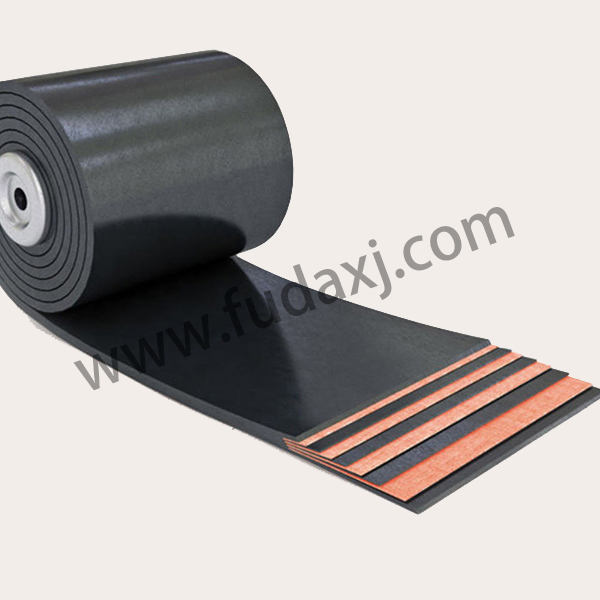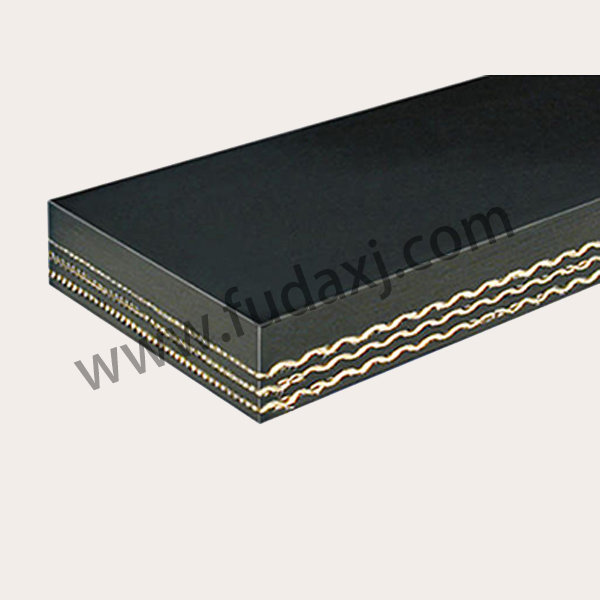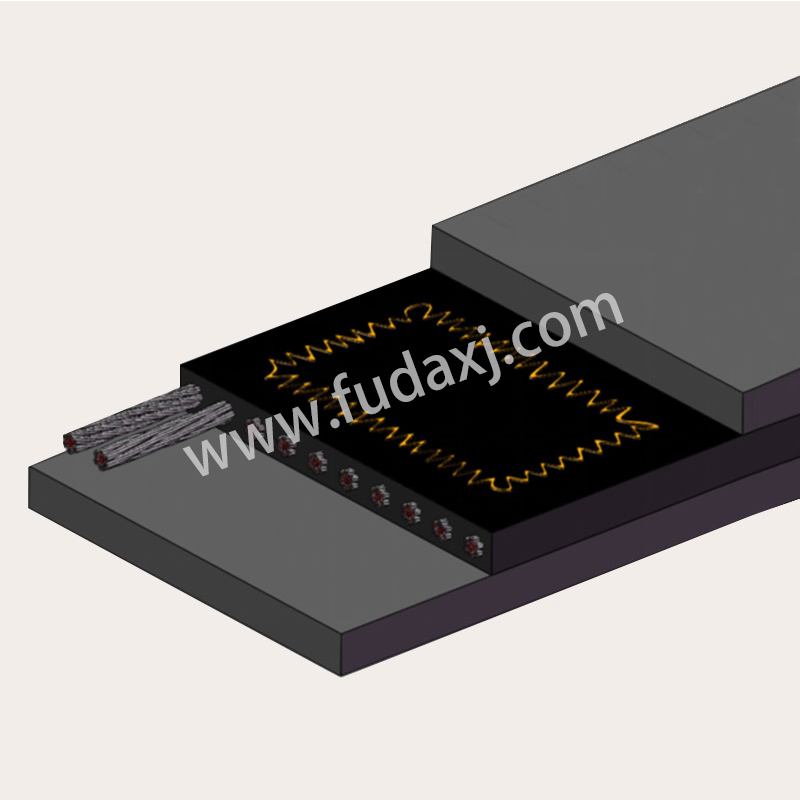
Custom Supply Cement Conveyor Belt Company For Sale
Conveyor belts are an essential part of the industrial landscape, particularly in the cement manufacturing sector. These belts are designed to transport bulk materials such as cement, limestone, and other raw materials within the production process. They are engineered to handle the abrasive and heavy loads that are characteristic of the cement industry, ensuring that materials move efficiently from one stage of production to the next.
Cement conveyor belts are constructed with a focus on durability and resistance to wear. They are typically made from layers of rubber, fabric, or metal, which are reinforced to withstand the harsh conditions of the cement production environment. The belts are designed to be flexible yet strong, allowing them to move around pulleys and other machinery without breaking or degrading.
Material handling is a critical aspect of cement production. The process involves the movement of raw materials from the quarry to the plant, and then through various stages of processing, including grinding, mixing, and heating. Conveyor belts are integral to this process, as they provide a continuous and reliable means of transportation that smalls the risk of spillage and contamination.
In a typical cement plant, conveyor belts form a network that connects different parts of the facility. They are used to transport materials from the quarry to the raw mill, where they are ground into a fine powder. From there, the materials are conveyed to the kiln, where they are heated to high temperatures to produce clinker. The clinker is then ground into cement, and the finished product is transported to storage or directly to the packaging area.
The maintenance of conveyor belts is crucial for the smooth operation of a cement plant. Regular inspections and cleaning are necessary to prevent the buildup of material on the belt, which can slippage and reduced efficiency. Additionally, safety measures must be in place to protect workers from the hazards associated with moving machinery, such as pinch points and the risk of falls.
The cement industry is often scrutinized for its environmental impact, and conveyor belts play a role in mitigating this. By ensuring efficient material handling, conveyor belts help to reduce energy consumption and waste. Furthermore, modern conveyor belt systems are designed with sustainability in mind, using recyclable materials and small the use of harmful chemicals in their production.
As technology advances, so too do the capabilities of conveyor belt systems. Innovations such as smart sensors and real-time monitoring systems are being integrated into conveyor belts to improve efficiency and safety. These technologies can detect issues such as wear and tear, overloading, and potential blockages, allowing for proactive maintenance and reducing downtime.
The future of cement conveyor belts is likely to involve further advancements in materials science and automation. As the demand for sustainable and efficient production methods grows, the cement industry will continue to invest in the development of conveyor belt systems that are more durable, reliable, and environmentally friendly.
Cement conveyor belts are a vital component of the cement industry, facilitating the efficient movement of materials throughout the production process. Their design, maintenance, and integration with modern technology are all crucial factors in ensuring the continued success and sustainability of cement manufacturing. As the industry evolves, so too will the role and capabilities of conveyor belts, ensuring that they remain a key part of the cement production landscape.
 English
English 简体中文
简体中文 Español
Español عرب
عرب
 English
English





 Fax: 0086-576-83019528
Fax: 0086-576-83019528